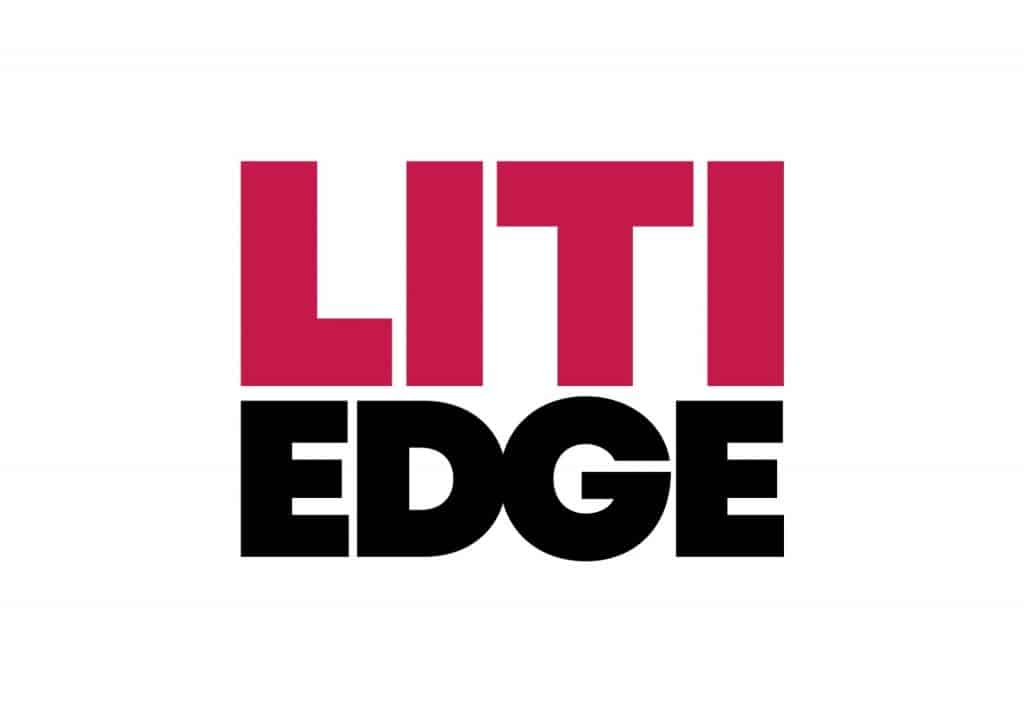Duty To Preserve & Document Disclosure Obligations
Discovery is a very important stage in civil litigation. Upon receipt of an order for discovery, each party must disclose to the other side the documents it possesses, unless it can rely on grounds such as privilege.
In arbitration, similar document disclosure obligations can be found in the relevant jurisdiction’s arbitration law or institutional rules, or imposed by agreement of the parties.
For documents to be made available for the other side’s inspection, they must be preserved properly at the outset. Parties and their lawyers should therefore consider a document management system long before any disputes are in contemplation.
Duty To Preserve In Litigation
In both Singapore and Hong Kong Special Administrative Region (SAR), parties are expected to preserve documents that may need to be disclosed in litigation proceedings, and their lawyers have a duty to properly advise them of these obligations. Each jurisdiction sets out good practices that businesses should follow to ensure compliance with their document retention obligations.
Clients that fail to comply may be held in contempt of court, have pleadings struck out, or adverse inferences drawn against them, as punitive measures. Lawyers found to have suppressed evidence may be guilty of improper conduct or be struck off the roll and have a duty to cease to act if instructed not to disclose relevant documents.
Duty To Preserve In Arbitration
In arbitration, the parties are free to agree on the applicable rules regarding the disclosure of documents under any mandatory law of the seat, and in many cases will adopt the International Bar Association Rules on the Taking of Evidence in International Arbitration (2020)(IBA Evidence Rules) or the IBA Rules on Party Representation in International Arbitration (2013) (IBA Representation Rules) as guidelines.
Although consequences tend not to be as severe as the court penalties for failure to disclose, these rules require parties to produce documents in their possession and for party representatives to refrain from suppressing or concealing documents that the client has been ordered to produce, or risk-averse inferences being drawn against them. read more
Source: Karah Howard, Bae-Huey Tan, and Stephanie Ching | Pinsent Masons


